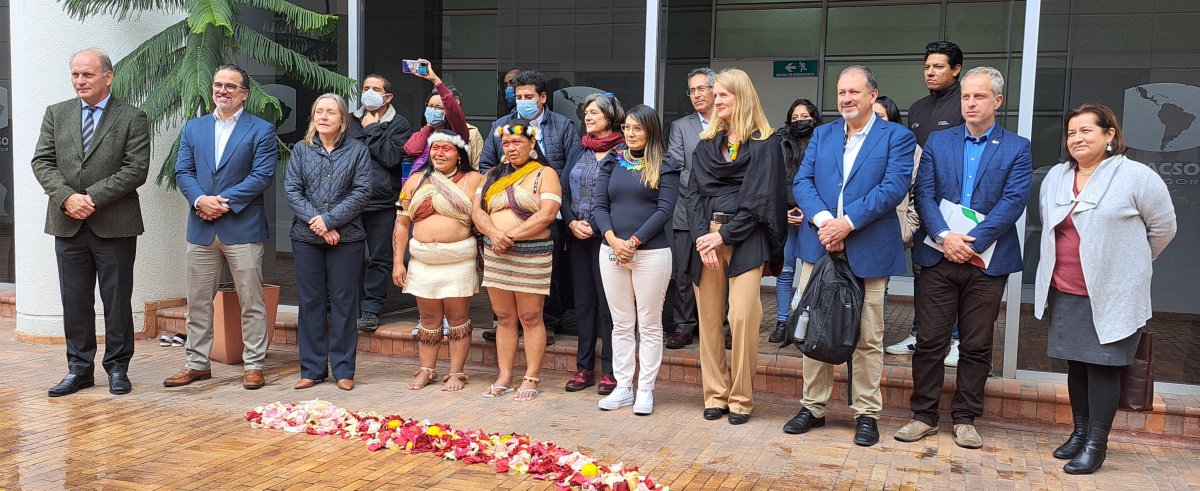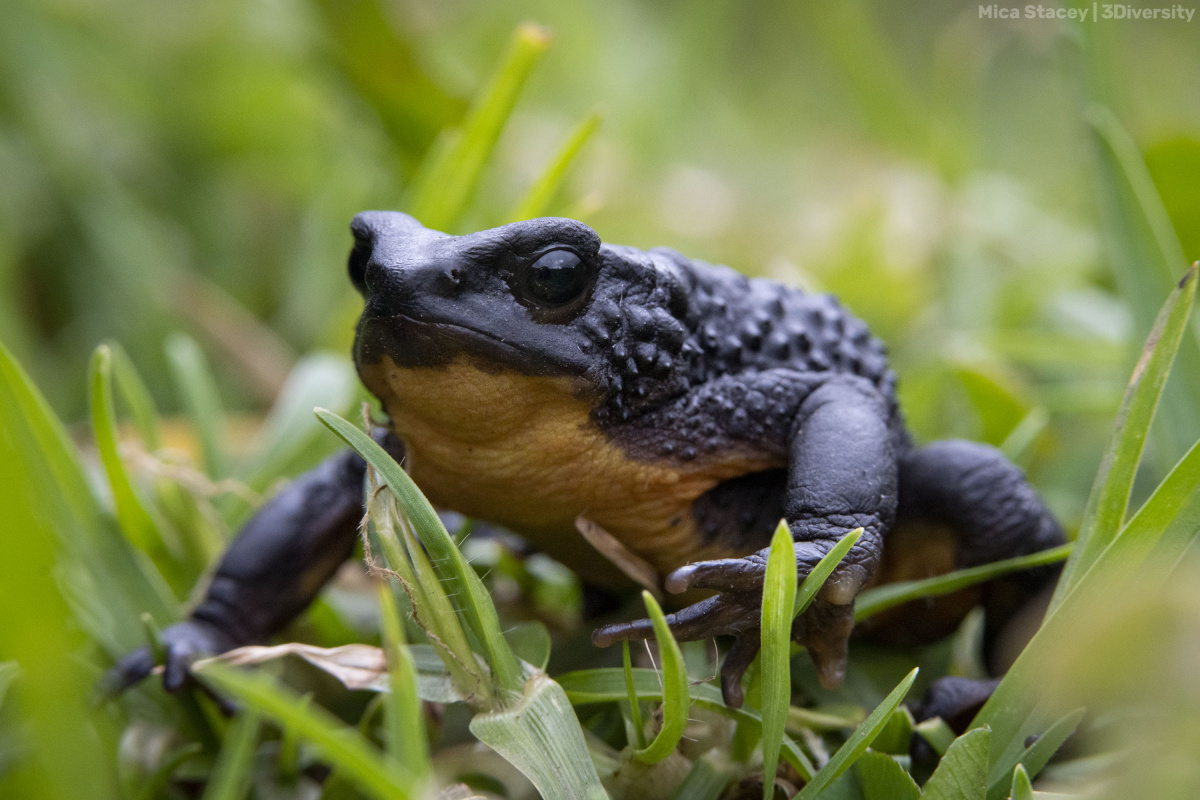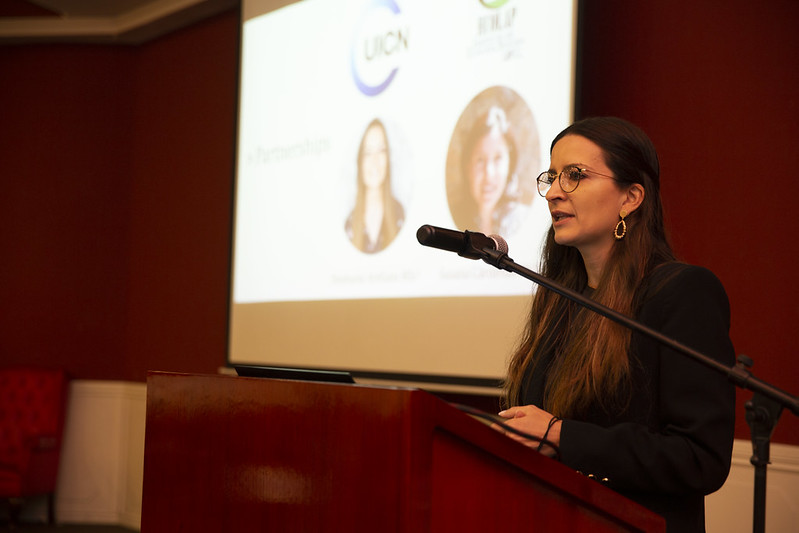Prosecutors in East Africa pledge to end money-laundering so wildlife crime no longer pays
Prosecutors from 11 African nations meeting in Nairobi between 14-17 March 2022 pledged to deepen their cross-border collaboration on 'asset recovery' - taking back the proceeds of wildlife crime and on ending the money-laundering that allows ill-gotten gains to be used for profitable investments.
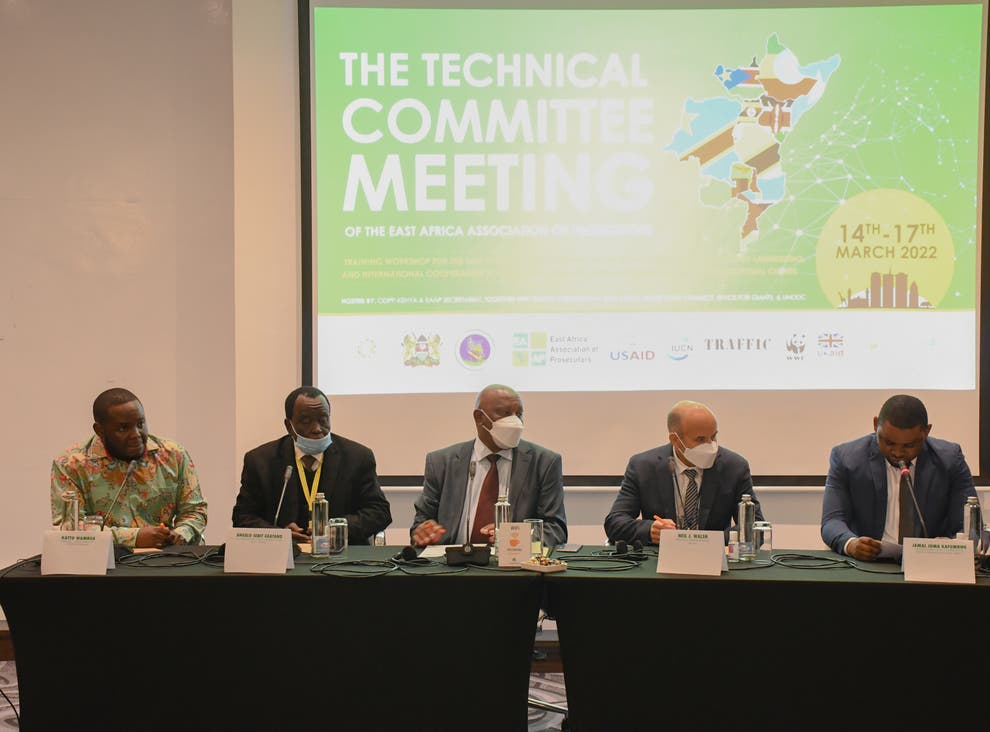
Photo: Nelson Mwangi
For more than five years, Chinese national Yang Feng Glan, aka Ivory Queen, organised, managed, and financed a sprawling wildlife crime racket in Tanzania, buying, collecting, transporting, and selling trophies including elephant tusks.
With the money she earned, she spent lavishly, including on a large farm where she built three modern new houses. But once arrested and convicted, not only was she sentenced to 15 years in prison, but both her illicit earnings and the assets she bought with them were taken back.
The farm with its three houses was seized. She was ordered to pay back twice the value of the elephant tusks she was illegally found possessing.
Now other wildlife criminals across east and southern Africa have been put on notice that the long arm of the law is coming for them in the same way.
Commitment towards regional cooperation between prosecutors to combat wildlife crime
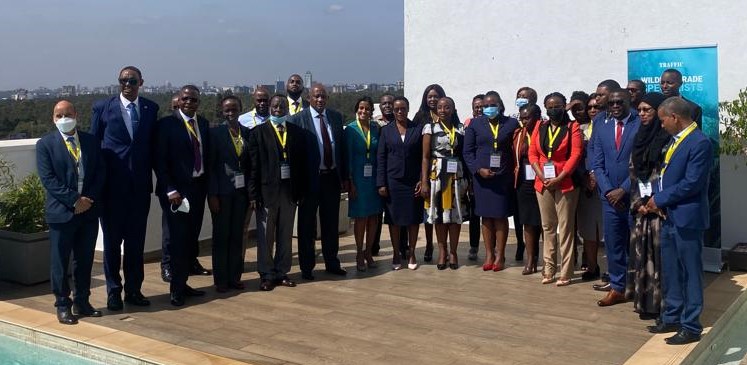 Photo: TRAFFIC - CONNECT
Photo: TRAFFIC - CONNECT
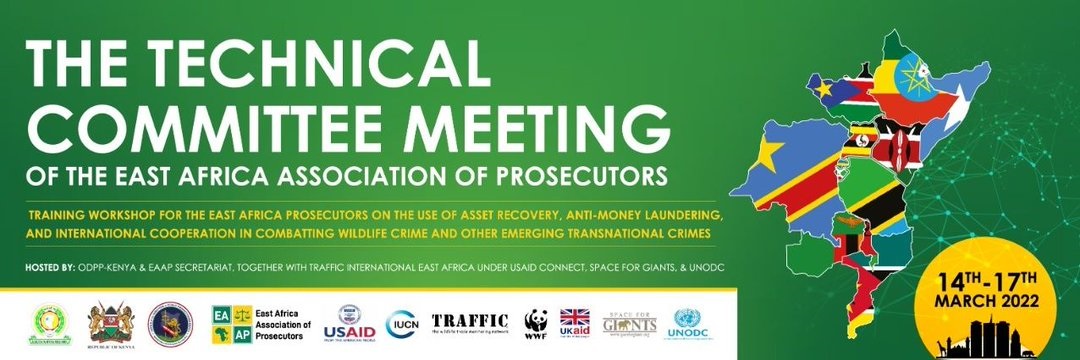 Photo: TRAFFIC - CONNECT
Photo: TRAFFIC - CONNECT
The commitments came at the close of the East Africa Association of Prosecutors’ (EAAP) technical committee meeting and the regional prosecutors’ training workshop themed: "The Use of Asset Recovery, Anti Money Laundering and International Cooperation in Combating Wildlife Crime and other Emerging Transnational Crimes". The meeting was held in Nairobi, Kenya between March 14th and 17th, with support from Space for Giants and other key partners committed to this message, namely TRAFFIC International East Africa through USAID - funded Conserving Natural Capital and Enhancing Collaborative Management of Resources in East Africa (CONNECT) project, and UNODC
Gitonga Murang’a, head of the EAAP Secretariat, said: “We will intensify training on asset recovery, cybercrime, and wildlife crime in each member country to ensure that all the prosecutors involved are speaking with one voice and sending the same message to poachers and other perpetrators of these crimes in the region that wildlife crime won’t pay. The Association will set up a regional prosecutor's exchange programme to enhance capacity building on various thematic prosecutorial areas and stimulate international cooperation amongst the member states.”
The EAAP has been conducting inter-agency training over the past five years, which has helped greatly in creating the much-needed momentum and push great success in the region.
Katto Wambu, Director of Wildlife Law and Justice at Space for Giants, said: “The trainings have improved the standards of prosecution of wildlife and environmental crimes, and these cases are treated as serious transnational organised crimes. Prosecutors have also led efforts to amend the law in their countries in this context and some wildlife crimes now attract life sentences.”
Members from Burundi, Kenya, Rwanda, South Sudan, Tanzania, Malawi, Uganda, Mozambique, Ethiopia, Zambia, and the Democratic Republic of Congo were reminded of the network the association has provided them with to share experiences and further strengthen ways to strip international wildlife traffickers of their ill-gotten gains.
Jamal Juma Kafumbe, the Prosecutors’ Forum Coordinator, TRAFFIC International East Africa, said: “The positive strides are visible, this illicit trade continues because of the demand for wildlife assets such as ivory in markets, specifically in Asia. We must start shifting our efforts to putting pressure on the markets that generate this demand. Domestic laws allow international cooperation in asset recovery matters, and this will have a longer-lasting effect on the overall efforts we are making on this end. Moving forward, the association will increase the effectiveness of international legal cooperation on illegal wildlife products in consumer states in Asia. Also, enhanced collaboration between the EAAP and East Africa Community (EAC) would facilitate the process of harmonization of laws thereby easing Mutual Legal Assistance requests.”
The support of EAAP members’ national governments was to the success of this programme, said Javier Montano, Regional Coordinator at the United Nations Office on Drugs and Crime (UNODC). He said: “The commitment witnessed by governments to support cross-border prosecutions is an encouragement not only to members but to other neighbouring countries that are closely watching the milestones and achievements we are making. We have had new member states join the association from hearing about these stories that various countries share.”
Angelo Sebit, Acting Director of Public Prosecutions of the Republic of South Sudan, said: “As a young state, we are keen to learn from other prosecutors, and the EAAP and the cyber crime act will particularly help us deal with offenders in wildlife crime.”
The prosecutors paid a courtesy visit to the Prosecution Training Institute under implementation in Nairobi by the Office of the Director of Public Prosecution in Kenya that will serve the Eastern, Central, and Southern African countries.
The workshop was hosted by EAAP with support from TRAFFIC through the USAID funded Conserving Natural Capital and Enhancing Collaborative Management of Transboundary Resources in East Africa (CONNECT) project, UNODC, and Space for Giants.
